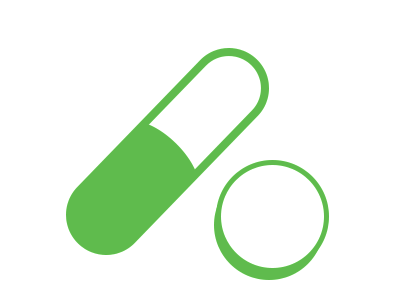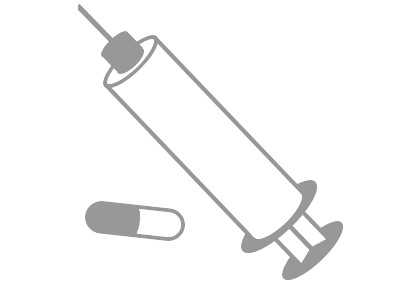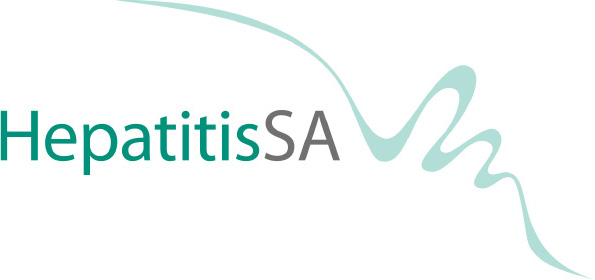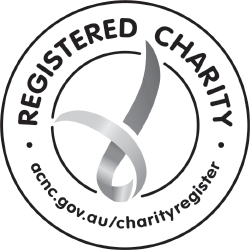New hepatitis C treatments
The Australian government is subsidising revolutionary new hepatitis C medicines for all Australians. General Practitioners can directly prescribe and manage hepatitis C treatment for their patients, and prescriptions can be filled at many local community pharmacies.
New hepatitis C treatments are simple, quick, highly effective and have few side effects.
| New | Old |
|---|---|
 Tablets only Tablets only |
 Injections and tablets Injections and tablets |
 8 to 12 weeks 8 to 12 weeks |
 24 to 48 weeks 24 to 48 weeks |
 Over 90% success Over 90% success |
 50% to 80% success 50% to 80% success |
 Mild side effects Mild side effects |
 Nasty side effects Nasty side effects |
The success of these new treatments has made the elimination of hepatitis C a real possibility.
There's never been a better time to think about hepatitis C treatment.
Start by talking to your doctor.
For more information on the new hepatitis C treatments and the treatment process visit our Hepatitis C Treatment page.
Which doctor?
Any GP should be able to discuss treatment options with you.
If you need help finding a GP, call the Hepatitis SA helpline on 1800 437 222.
Which pharmacy?
Many pharmacies across South Australia will fill prescriptions for hepatitis C medicines.
If you prefer to fill your prescription online, remember:
- to have a delivery and collection process where the medicine is not compromised by extreme temperatures, and
- to allow enough time for order processing and so there’s no break in your dosage.
Should I get tested?
Hepatitis C is a liver disease caused by the blood-borne hepatitis C virus. Over time, it can lead to serious liver disease including liver failure and liver cancer.
There are about 117,810 Australians living with hepatitis C.

1 in 5 people with hepatitis C don't know they have it.
You may have been exposed to the virus and not realise it. Exposure can happen through:
- sharing injecting equipment
- unsterile tattooing
- home body piercing or body art
- medical, dental or cosmetic procedures with unsterile equipment
- blood transfusions before 1990 or
- any situation where open cuts or wounds might have been exposed to another person’s blood.
If you don’t know your status and don’t know if you might have been at risk, consider taking a test.
Start by talking to your doctor.
For more information on hepatitis C tests, why they're done and what the results mean visit our Hepatitis C Testing page.
Hepatitis C Self-Assessment Guide
In 2016, almost 9000 South Australians were living with hepatitis C. Since then about half have been cured with highly effective new drugs.
Some 5,520 South Australians have yet to be cured of their hepatitis C.
This self-assessment guide will help you find out if you may have been exposed to the hepatitis C virus. It will only take a few minutes and is completely anonymous.
Information for GPs
General Practitioners are now able to prescribe and manage the treatment of hepatitis C using direct-acting antivirals (DAAs) in consultation with a gastroenterologist, hepatologist or infectious diseases physician experienced in the treatment of chronic hepatitis C infection.
Skilled and experienced clinicians may initiate hepatitis C treatment using DAAs without consultation with a specialist.
Useful Resources
- Hepatitis C Treatment Resources for Prescribers and Dispensers http://hepatitissa.asn.au/news/263
Click above to see downloadable resources for prescribers from the PBS, GESA and ASHM. Includes: Treatment algorithm chart, treatment consensus statement, contact details for liver nurses and clinics, GP treatment plan and team care arrangements.
- Hepatitis C Information for GPs http://hepatitissa.asn.au/gp
Click above to access electronic GP information pack. Includes links to drug interaction tool, patient resources and links to information on testing, diagnosis, treatment, prevention, pregnancy, children.
- Remote Consultation Request for Initiation of Hepatitis C Treatment PDF | MS Word
- Taking HCV Risk History (also featured below) https://www.youtube.com/watch?v=s2BFKVrJVW4
- Sample Recall Letter for Patients MS Word










